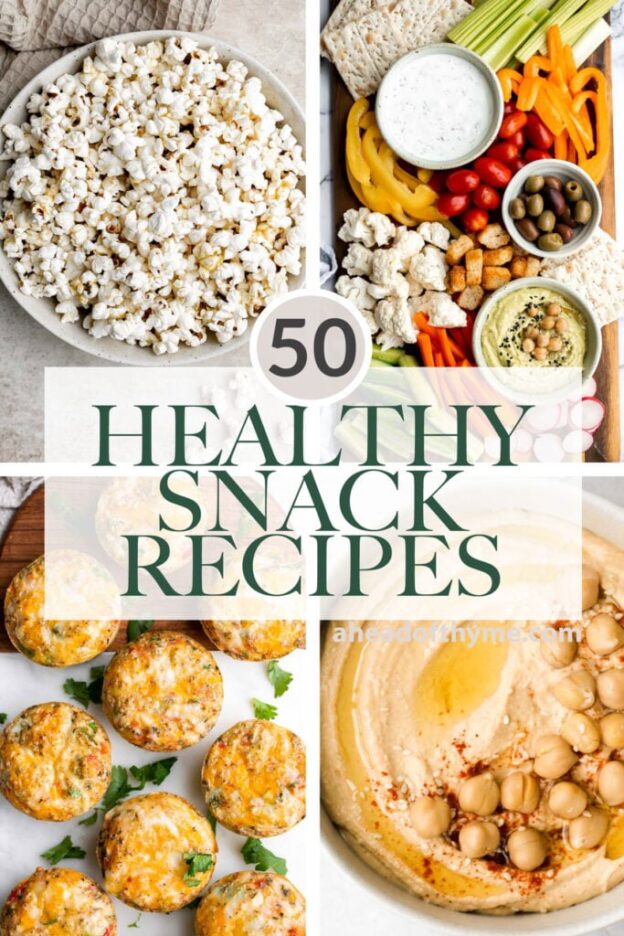Snacks between meals can help prevent overeating later and increase energy. Select healthy options with low caloric content and essential nutrition for best results.
Fruits are an ideal food choice because they’re naturally sweet and low in fat and calories, while nuts contain fiber and protein for additional nutrition.
Fruit
Fruit is a fantastic and healthy way to snack. Packed full of essential vitamins and minerals, fruits provide high amounts of fiber.
Certain fruit varieties contain antioxidants and phytochemicals which may reduce the risk of certain diseases. They’re also low-cal and an excellent source of potassium.
Many fruits are easy to digest and offer quick energy boost. Furthermore, their fiber helps you feel satisfied for longer and prevent overeating.
Combine protein with your fruits and vegetables to stay full for as long as possible, such as apple with string cheese, whole wheat crackers with peanut butter, carrots with hummus or plain yogurt with fresh fruit.
Be sure to read nutrition facts labels on all snacks you purchase – it’s easy to become overloaded with too much sugar, fat or sodium!
Nuts
Nuts make an excellent snack because they contain healthy fats, fibre and antioxidants – as well as protein! Incorporating nuts into your diet could potentially lower your risk of heart disease, diabetes and certain cancers.
Be wary of nuts that have been roasted or coated in salt, sugar, or chocolate as this could cancel out their health benefits.
Botanically speaking, a nut is defined as any fruit with a hard outer layer that contains an edible kernel, while in everyday language any dry fruit with such an outer rind that cracks at maturity is considered a nut.
For optimal nutrition, unprocessed nuts without added oil or salt are the ideal nuts to snack on, since they contain essential vitamins, minerals and antioxidants as well as helping lower cholesterol levels and possibly blood pressure in persons with metabolic syndrome and diabetes, according to some studies.
Cheese
Cheese can be an ideal snack to help manage weight by providing essential calcium, vitamin A, phosphorous, zinc and protein nutrients.
Also contained is whey protein, which is ideal for muscle building and CLAs – beneficial fats found in dairy products which help lower cholesterol and blood pressure while increasing your body’s ratio of lean tissue to fat tissue.
One study discovered that eating cheese like feta or brie can help make you feel full more quickly, potentially reducing calorie consumption later. Furthermore, replacing 5 percent of daily caloric intake with cheese fat — usually saturated — may decrease heart disease risk by 24 percent.
People with lactose intolerance or milk allergies should exercise extreme caution when eating cheese, particularly fresh cottage cheese which contains higher levels of lactose than aged varieties.
Oatmeal
Oatmeal is a nutritious
healthy food near me packed with fiber and low in fat. With its versatile preparation methods and delicious taste, oatmeal provides you with long-term energy boost.
Oats are an excellent source of protein, vitamins and minerals like iron, magnesium and zinc – as well as being low in sodium and fat content.
Add fruit, nuts and seeds to your oatmeal as toppings to increase its nutritional value and prolong satiation. Plus, this makes your breakfast feel satiating for longer!
Oatmeal can also be an excellent way for those trying to lose weight to start the day right with a filling breakfast that reduces snacking throughout the day, which is particularly useful when watching caloric intake.

